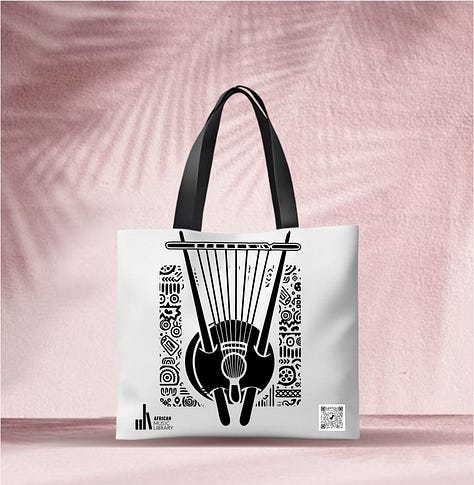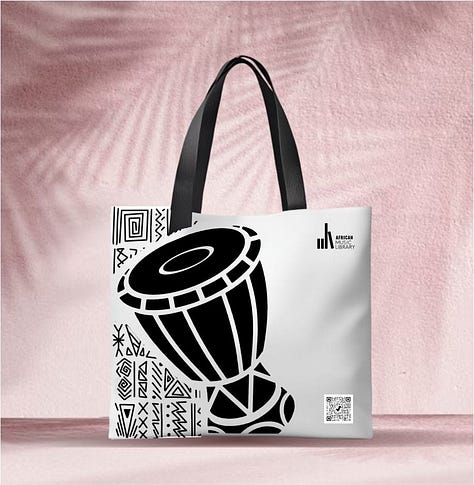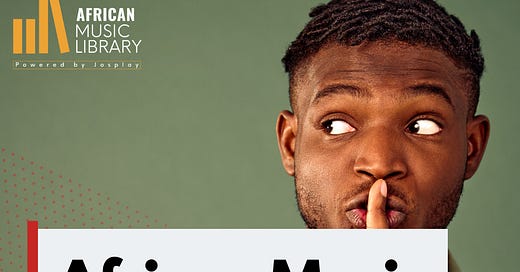Hello AfricanMusic Lovers,
Welcome to another edition of the Library's newsletter. Trust your week has been amazing so far!
A few weeks back in Nigeria, there was a spat between veteran Nigerian rapper Eedris Abdulkareem and the National Broadcasting Commission (NBC), the government agency that regulates the broadcasting industry in Nigeria. The agency banned Nigerian radio and television stations from airing the rapper's newly released "Tell Your Papa," citing "inflammatory content" and "disrespect to government institutions."
Despite the ban, we've seen a rise in interest and sharing of the video on digital platforms. Social media has amplified the song's reach as citizens download or share links. More recently, the rapper launched a 'Tell Your Papa' challenge online, further expanding the song's influence.
This ban or creative clamp down is not new. During the 1970s and 80s, a period known as the golden era in Somali music, General Siad Barre's military regime implemented clampdown efforts on non-conforming music in Somalia. Similar censorship occurred in South Africa during the Apartheid era and in Rhodesia (now Zimbabwe) under colonial rule.
What does this shift in the “African music distribution and censorship” imply for the African music industry? On one hand, it presents challenges for government agencies, and on the other, opportunities for African creatives.
African creatives now have greater creative freedom, the power to build independent and unbiased audiences, potential for international recognition without traditional gatekeepers, and platforms for social and political commentary.
Meanwhile, government agencies are requiring new monitoring techniques and more sophisticated digital censorship tools. They may also pressure digital platforms to comply with local regulations or risk paying fines.
Nevertheless, as digital connectivity continues to grow across Africa, we're likely to see more artists using online platforms to circumvent traditional censorship. This democratization of distribution doesn't just affect politically charged music—it's transforming how all African artists reach their audiences.
What are your thoughts on this evolution? Have you discovered new African artists through digital platforms that you might never have heard on traditional radio or local TV stations? We'd love to hear your experiences and perspectives in the comments section.
Yours in African Music,
Librarian
P.S: Yayyy!!! We’ve got some amazing merch from the Library - https://african-music-library-org.rdi.store







